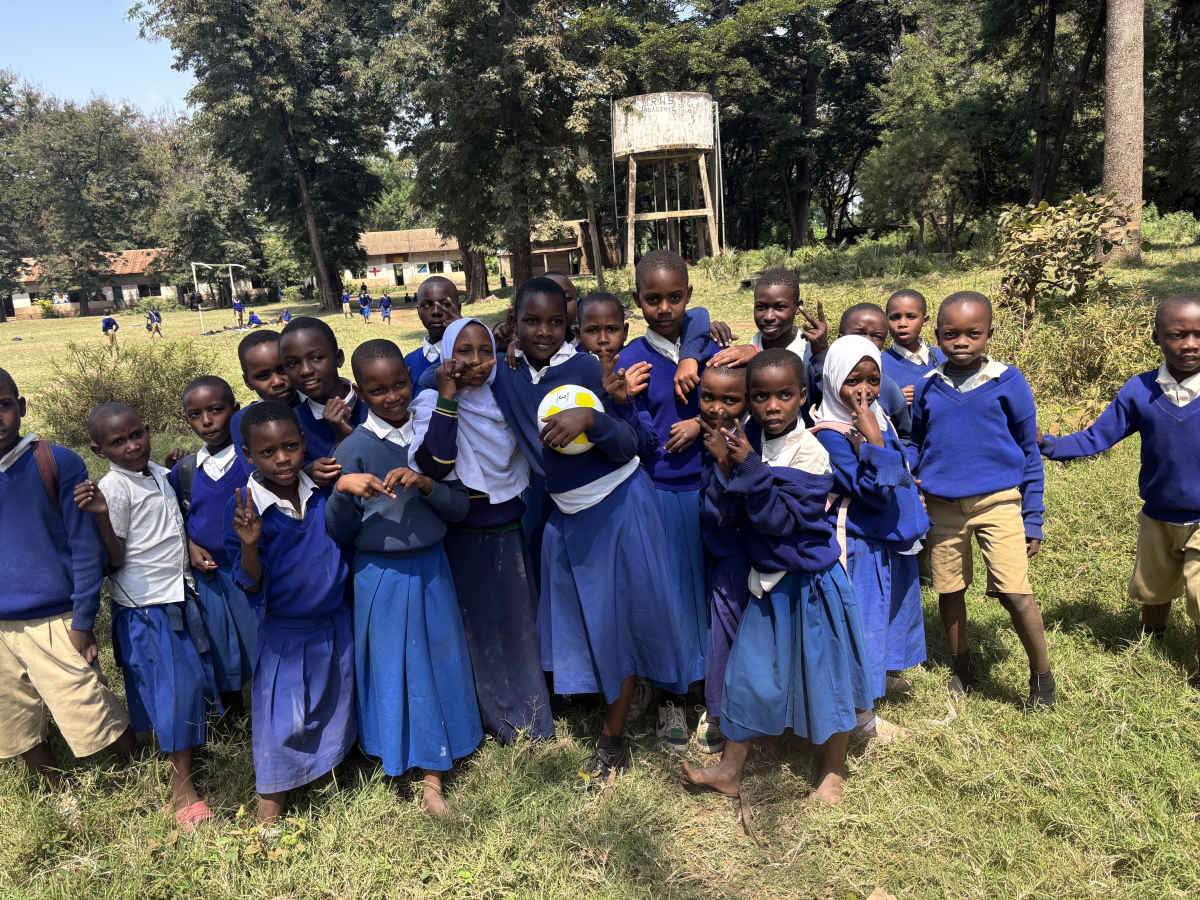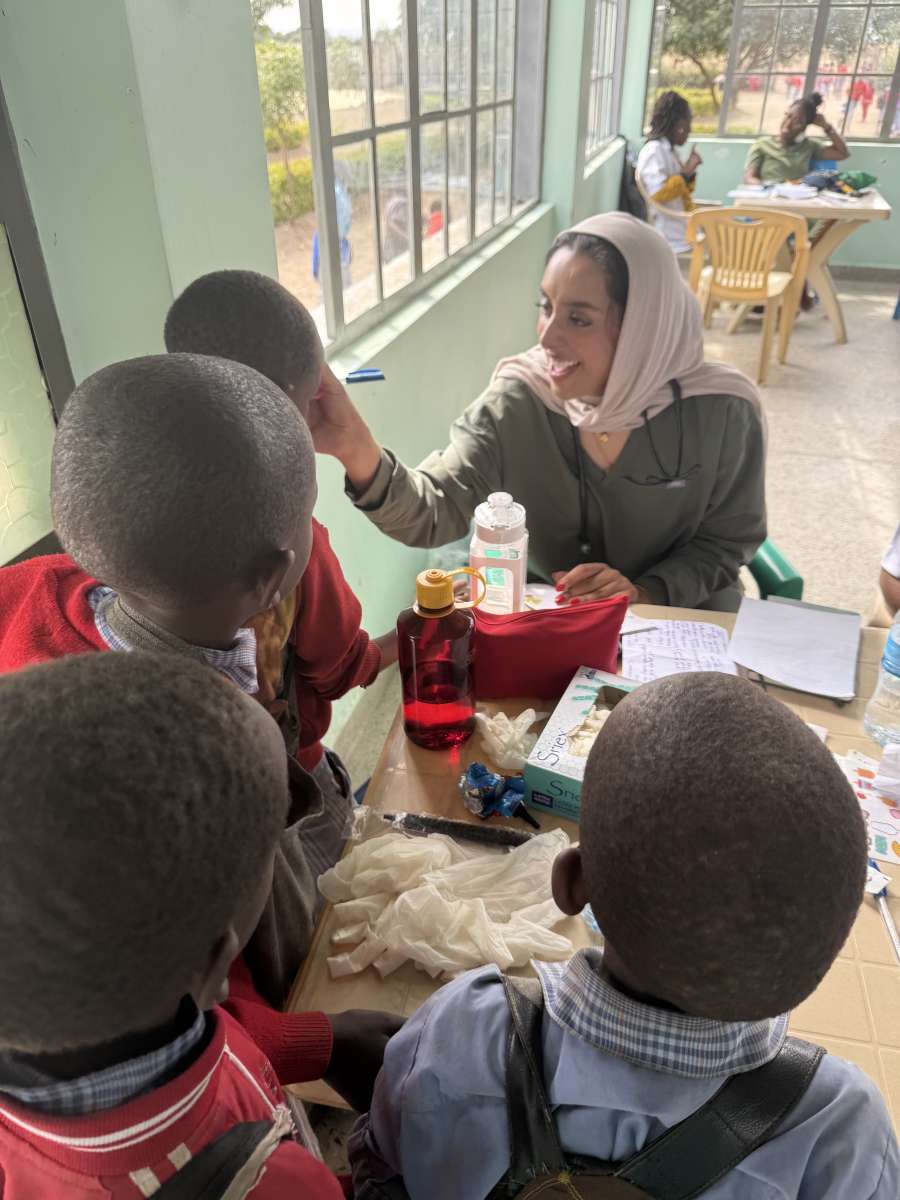A dedicated medical team will deliver free healthcare to hundreds of men, women, and children in rural communities near Mount Kilimanjaro, while also providing pediatric emergency medicine training to medical students at the Kilimanjaro Christian Medical University College (KCMUCo).
This well-established mission—now several years running—brings together RNs, MDs, PAs, and APNs to deliver high-quality care in resource-limited settings.
This trip makes a lasting difference by addressing critical gaps in healthcare access and medical education. For many in these rural communities, this is their only opportunity to receive professional medical attention for the entire year. Beyond direct care, the training we provide to local medical students helps build long-term capacity, equipping future physicians with the knowledge and skills to better serve their own communities for years to come.
Rural communities in this region face significant barriers to healthcare—limited access to clinics, shortages of trained medical professionals, and economic constraints that make even basic care unattainable. By delivering direct medical services, we meet urgent health needs that would otherwise go untreated.
At the same time, investing in the education of local medical students helps strengthen the region’s long-term healthcare infrastructure. Teaching pediatric emergency medicine equips future doctors to respond more effectively to the unique challenges of child and maternal health in resource-limited environments.
The project will deliver essential medical care to hundreds of patients who otherwise lack access, improving short-term health outcomes and addressing untreated conditions. Simultaneously, it will strengthen the capabilities of future healthcare providers through hands-on training in pediatric emergency medicine.
By partnering with Kilimanjaro Christian Medical University College (KCMUCo), we ensure that knowledge transfer continues beyond our visit. Medical students trained during our time on the ground will carry forward practical skills, case-based knowledge, and clinical judgment that they can apply throughout their careers. We also provide educational materials, protocols, and mentorship that can be used as reference tools long after the team departs—supporting long-term, locally driven improvements in care.














During our trip, we visited three villages in the Kilimanjaro region — Chekereni, Nahe, and a rural Maasai village — providing care to local families in partnership with St. Joseph’s Medical School in Moshi, Tanzania. In addition to medical checkups, we supplied critical medications such as antibiotics, antifungals, oral rehydration therapies, and facilitated referrals to larger hospital centers for critically ill patients.
On our final day, we conducted a tailored Pediatric Advanced Life Support (PALS) course for St. Joseph’s medical students, covering EKG interpretation, arrhythmia management, and a PALS protocol adapted specifically for the region’s needs. This training was delivered in collaboration with the Mount Sinai Global Health Fellowship.